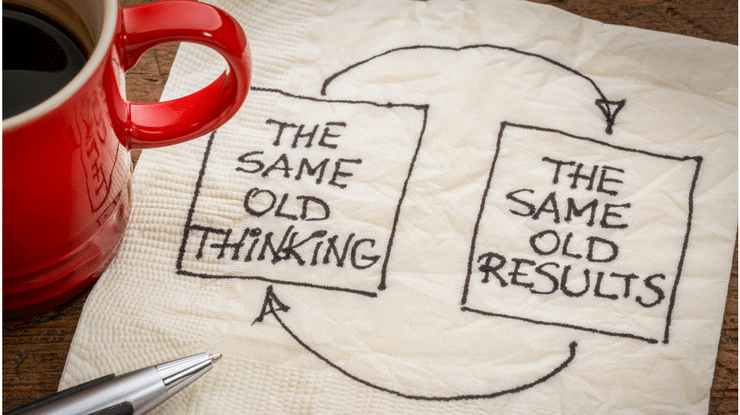I’ve long noticed an interesting fact. Women who have problems with money often have problems with food.
Then I read Geneen Roth’s extraordinary book, Women, Food and God, a New York Time’s bestseller. I’ve never met Geneen personally. But I instantly knew she was a kindred spirit.
Geneen insists that food is never the problem. Just as I’ve always known problems with money are never about money.
Rather, says Geneen, overeating is “a doorway to your true nature,” echoing my conviction that financial problems are a doorway to your true power.
Her book is based on her own unhealthy relationship with food and her experience teaching others what she learned during her weekend retreats.
Just like my book, Sacred Success, is based on overcoming my own devastating dealings with money and helping others do the same.
Her method of healing women’s relationship with food, similar to mine, mixes a hefty dose of spirituality with emotional transparency and practical actions.
The key to success is not to focus on dieting…or budgeting.
Instead, success comes from combining self-awareness exercises with specific practices to heal the deep-seated wounds that lead to compulsive behaviors, like chronic busyness, over eating, binge spending.
In fact, my favorite quote of all time came from Geneen: “The only people who don’t have insane relationships with money are those who were willing to examine their insane relationship with money.”
Gosh, I wish I’d said that!
Have you thought about what you’re trying to fill up with compulsive behaviors—whether with food or money issues? Leave a comment below.
If you enjoyed this Words of Wealth, click here to receive a copy in your inbox every week.











